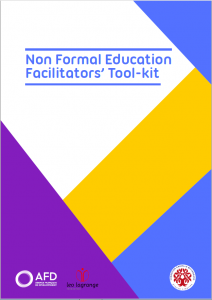
Facilitators guidebook
Whithin many contexts, and especially within a refugee camp, games, sports, arts, theatre, dancing, singing are usually seen as recreational activities made to help children to escape from the roughness of their lives for some hours.
See the publication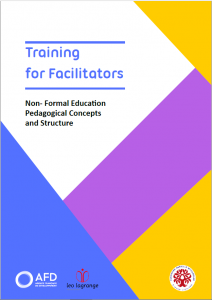
Training for facilitators manual
Whithin many contexts, and especially within a refugee camp, games, sports, arts, theatre, dancing, singing are usually seen as recreational activities made to help children to escape from the roughness of their lives for some hours.
See the publication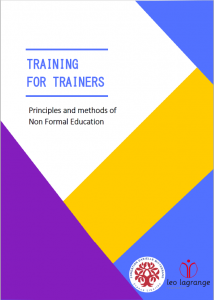
Training for trainers manual
See the publication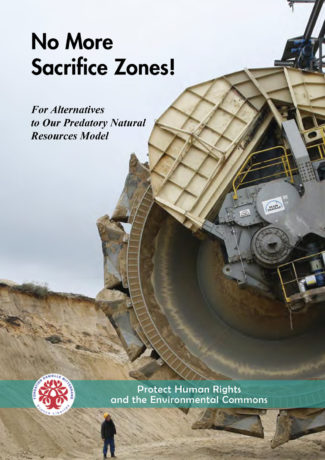
No more sacrifice zones. For alternatives to our predatory natural resources model
Our everyday reliance on new technologies and ‘indispensable’ items such as Smartphones hides a grim reality, that of the raw materials extraction industry whose activities have severe social, health and environmental repercussions.
See the publication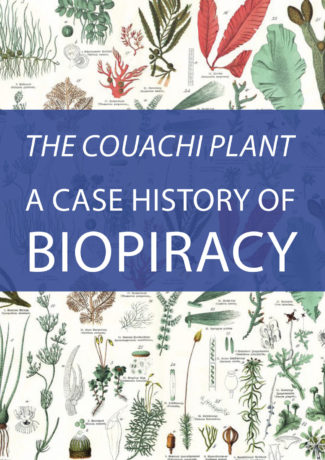
The Couachi plant – a case history of biopiracy
In 2015, France Libertés – Danielle Mitterrand Foundation filed an opposition to the European Patent Office against a patent belonging to a French public research institute called Institut de Recherche pour le Développement (IRD). The patent in question concerns the antimalarial properties of the plant Quassia Amara. The medicinal properties of this plant were identified in French Guiana thanks to local traditional knowledge. This is a clear case of biopiracy.
See the publication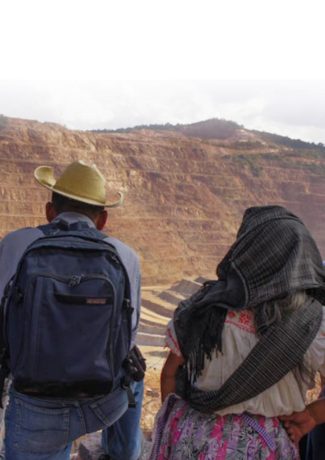
The right to water in the face of extractive activities. Civil society mobilisation
In 2014, France Libertés – Fondation Danielle Mitterrand launched a call for proposals relating to the right to water in the face of extractive industries. Using those proposals, the Foundation intends to highlight the efforts of those who work to promote and defend the right to water in areas that are affected by extractivism.
See the publication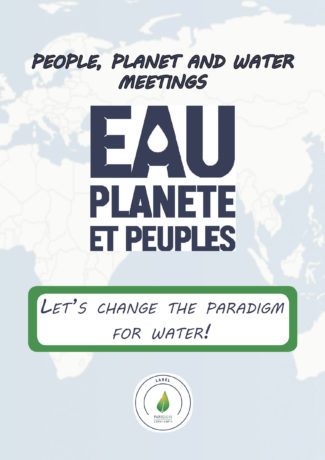
People Planet and Water. Let’s change the paradigm for water!
Since their launch in March 2012, the People, Planet and Water meetings have been attended by dozens of civil society organisations from around the world, who have come together to share their experiences and their vision for the essential resource that is water. We are united by a common belief: that water is a universal common good and life-sustaining resource that needs to be protected.
See the publication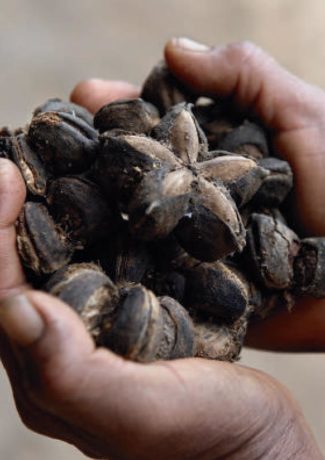
Alternatives to the appropriation of biodiversity and traditional knowledge
The term biopiracy describes the privatisation of nature and of traditional knowledge of biodiversity, notably through patents. More specifically, biopiracy involves the illegal appropriation of indigenous peoples’ knowledge of using genetic resources, without their consent and without giving them any share of the profits made from developing these resources.
See the publication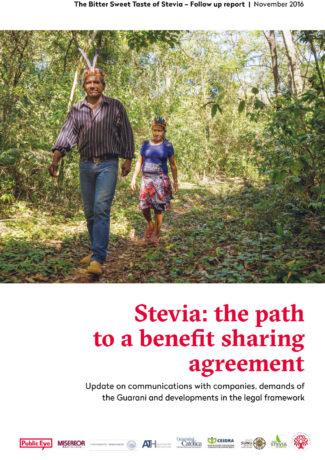
Stevia: the path to a benefit sharing agreement
In November 2015, a report called The Bitter Sweet Taste of Stevia was released by the Berne Declaration (now Public Eye), CEIDRA, Misereor, Pro Stevia Switzerland, SUNU and the University of Hohenheim. This report showed that the commercialization of Steviaderived sweeteners violates the rights of indigenous peoples and is based on misleading marketing, and that controversial SynBio production is moving ahead.
See the publication
